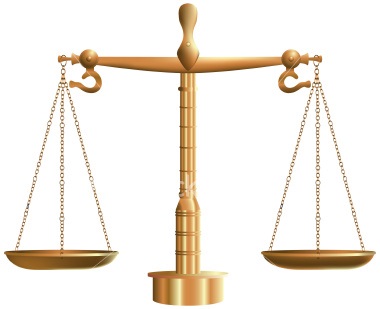
Gender equality, equity; Mirage or reality
Globally, there is said to be rising inequalities with and among countries, as well as enormous disparities of opportunities, wealth and power.
According to the World Bank Group Gender Strategy: Gender Equality, Poverty Reduction and Inclusive Growth, “By many measures, 2015 marks a watershed year in the international community’s efforts to advance gender equality.”
It states that in September 2015, with the adoption of the Sustainable Development Goals (SDGs), UN member States committed to a renewed and more ambitious framework for development. This agenda, with a deadline of 2030, emphasised inclusion not just as an end in itself but as critical to development effectiveness.
At the centre of this agenda, the World Bank says, is the achievement of gender equality and empowerment of all women and girls which is the Sustainable Development Goal five (SDG 5).
In addition to governments, the World Bank says the private sector is increasingly committed to reducing gaps between men and women not just because it is the right thing to do, but because it makes business sense.
Gender inequality
Gender inequality remains a key challenge and threatens to reverse much of the development progress made in recent decades as the gap continues to widen in all sectors of the society.
At a recent dialogue on gender inequality in Accra, the President of the Association of Market Women, Ms Mercy Afrowa Nee Djan, was apt when she said women did not have identities as they could not open bank accounts, buy land or access a loan without being asked to bring a man before the transaction could be completed.
She said as market women, although they had their own businesses and had money to spend on whatever they wanted, they always had to depend on the men in their lives to make decisions on how to spend their monies.
According to the International Finance Corporation (IFC) of the World Bank, “women globally are 7.5 per cent less likely to have an account with a financial institution or mobile banking than men, and the gap is larger in poorer countries.
The IFC estimates a $1.5 trillion annual credit deficit for women-owned small and medium enterprises.
Although in the area of education especially, at the primary level, there seems to be equity, but the situation starts changing when girls start growing into adolescents then issues of child marriage, teenage pregnancy and poverty among others sets in.
In the area of political participation, the issue of women in decision making positions continue to be a thorny one as gender activists believe that the number of women elected or appointed into such positions are just tokenism.
63 years of independence
As the country prepares to celebrate 63 years of independence, gender activists are hopeful that an Affirmative Action Bill, which has been in and out of Parliament for a number of times, will be passed into law within the first half of 2020.
A women’s right organisation, ABANTU for Development, which is one of the major supporters for the passage of the AA law, believes that among other things, when passed into law, it will ensure that the United Nations minimum recommended threshold of 30 per cent women representation will be achieved in the country.
ABANTU also believes that in view of the low participation and representation of women in decision making spaces, the state has an obligation to use mechanisms that prioritise equality and fairness in consonance with the provisions of the 1992 Constitution.
To this end, if this law is not passed, the country’s acceding to international laws which ensures gender equality and equity will be a mirage.
Writer’s email-rebecca.quaicoe-duho@graphic.com.gh
